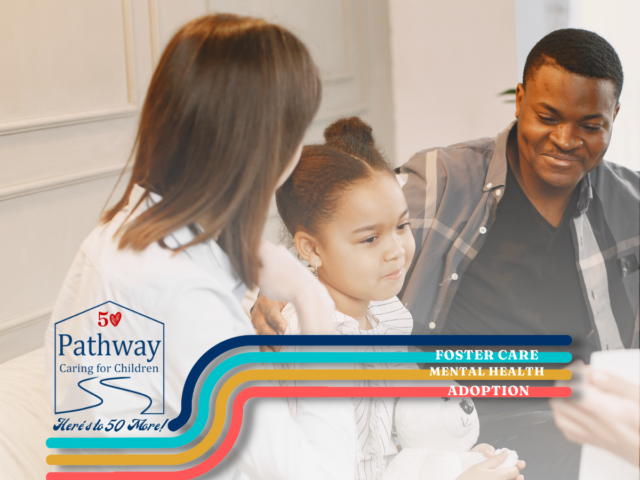
Therapy Terms – What does that mean?
Reaching out for help is a huge step in helping you and your family heal. Our therapists are committed to forming an individualized plan that may include individual or group therapy, support groups, or case management in an effort to bring about positive change and growth. Here we break down some modes of therapy that Pathway therapists might use to help a child heal from trauma.
All staff receive training to understand trauma and its impact on individuals–not just clients but also on all of us as staff. Meet our therapists HERE: https://www.pathwaycfc.org/mental-health-services/meet-our-therapists/
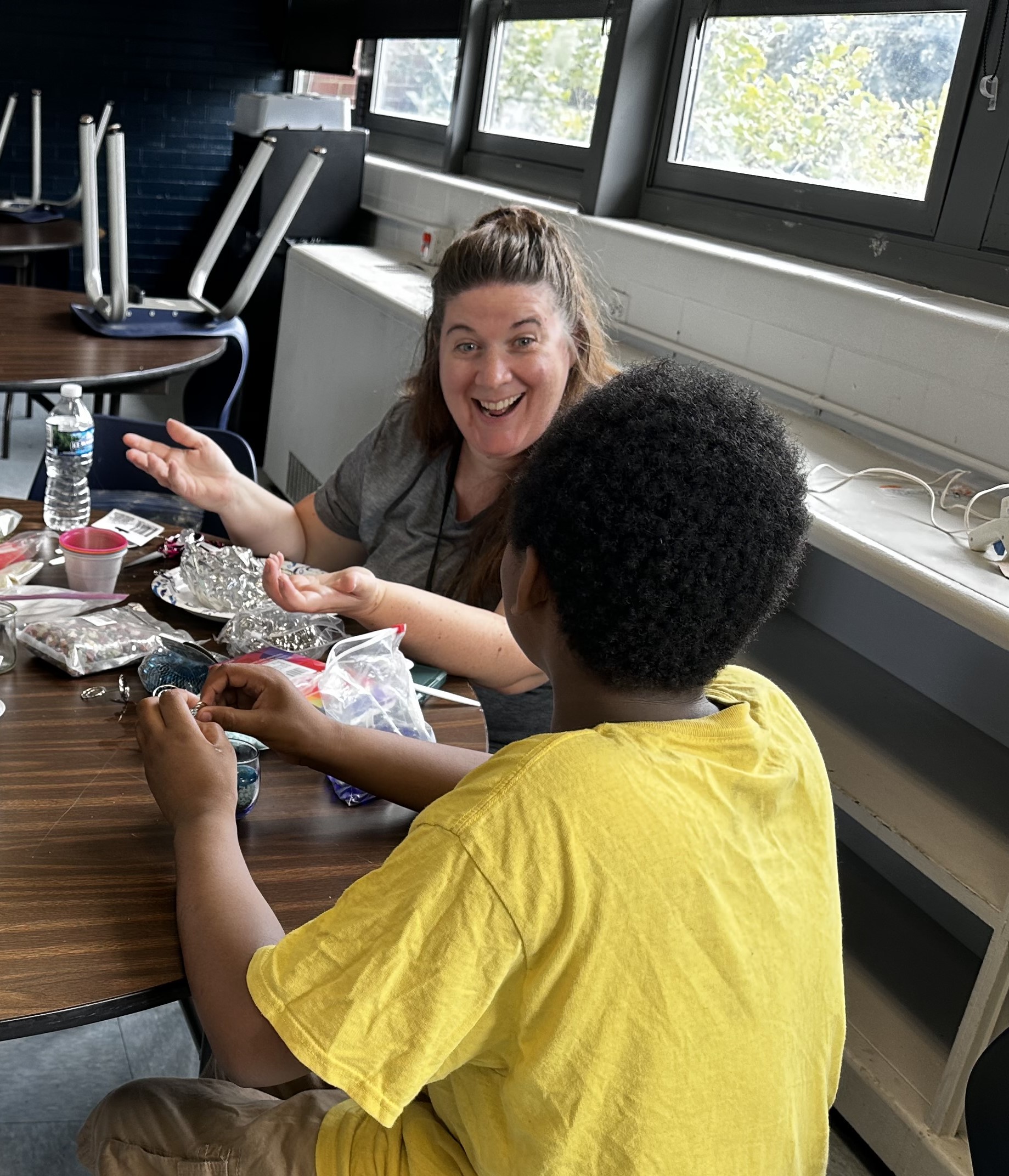
Case Management
Case management treatment providers. These Pathway staff are in the community meeting individually and in groups to help kids practice the skills learned during counseling sessions. They aid when and where appropriate to best meet the needs of each child.
TF-CBT (Trauma Focused Cognitive Behavioral Therapy)
TF-CBT works with kids and caregivers to work through trauma and build coping skills to process in a way that is appropriate for each child’s age. This model also works with the parent or caregiver to help them understand the child’s trauma. TF-CBT focuses on how your thoughts, beliefs and attitudes affect your feelings and actions.
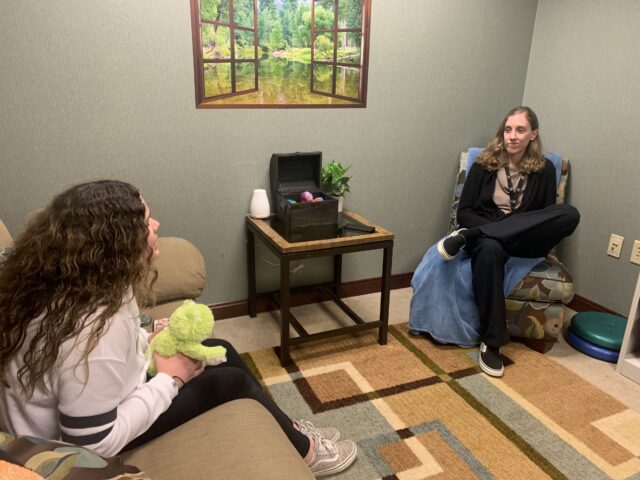
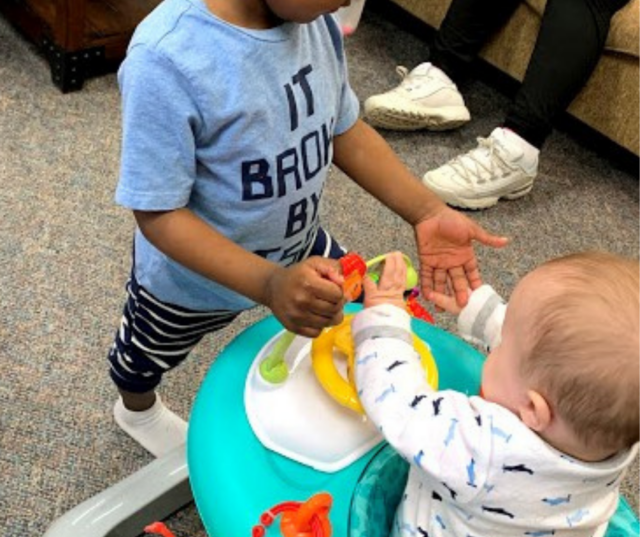
EMDR- Eye Movement Desensitization and Reprocessing
EMDR combines understanding trauma with all the science of when the brain experiences trauma.
Trauma is stored very differently and disorganized in the brain. To work through trauma, EMDR helps the brain and body work together with physical and emotional processing. This method involves moving your eyes a specific way while you process traumatic memories.
DBT- Dialectical Behavior Therapy
This is a model to help people who experience very intense emotions. Dialectical employs opposites. Thoughts of opposites can help people better understand and manage these high emotions. DBT focuses on inner personal relationships, stress tolerance, mindfulness, and emotion regulation.
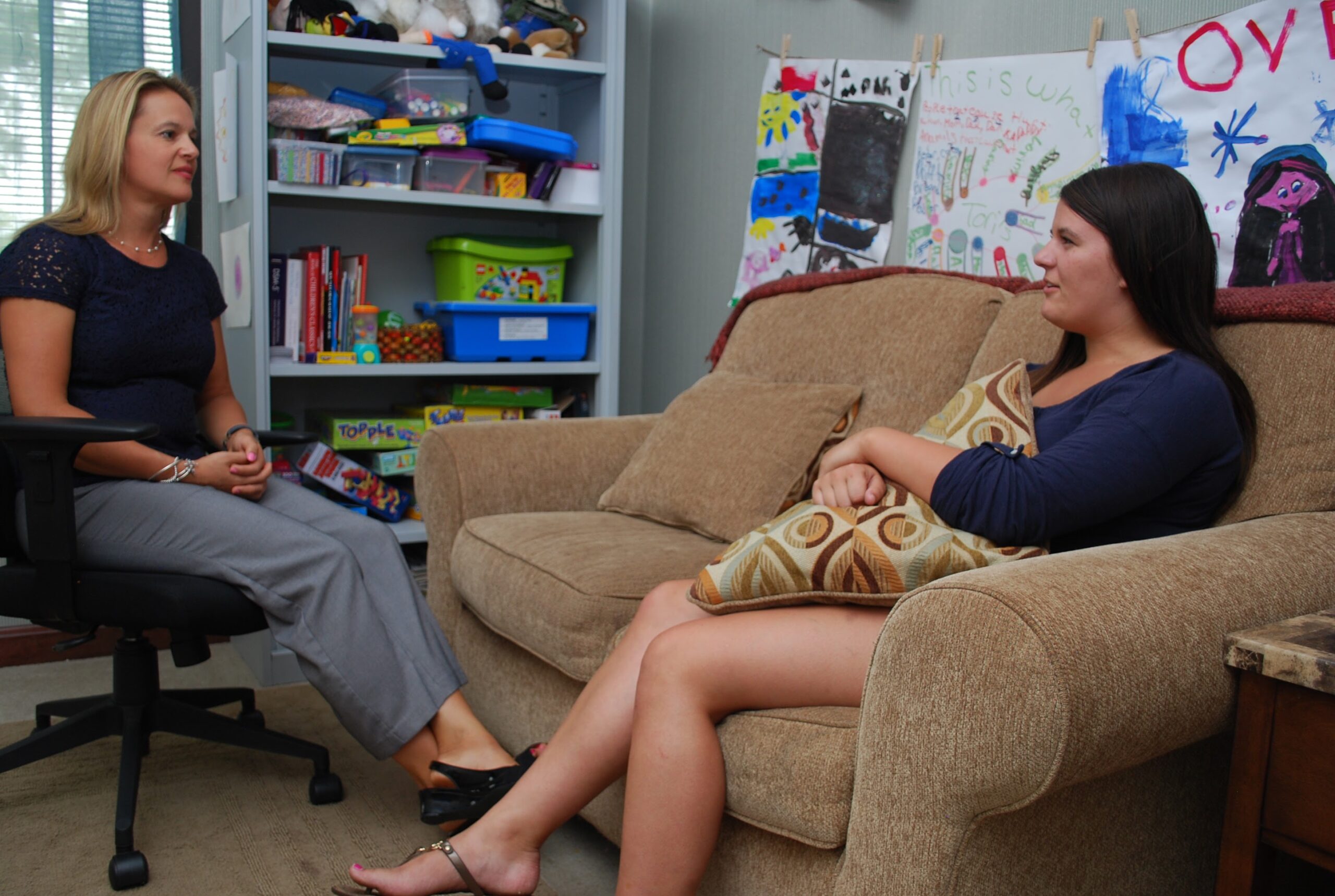
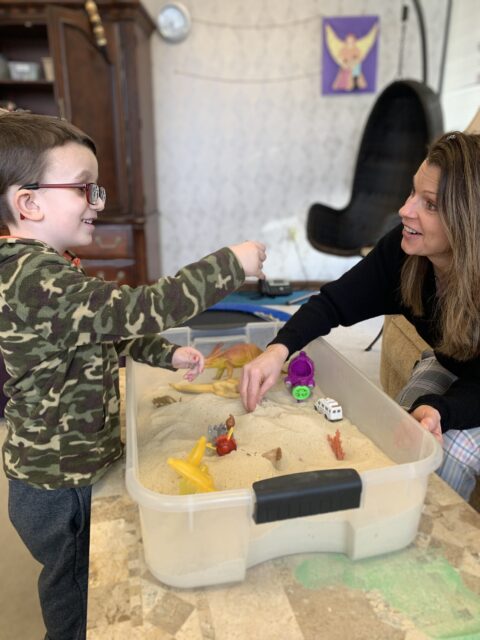
Play Therapy
Play therapy is a powerful tool that helps children express their emotions and experiences through play. By engaging in creative activities like drawing, storytelling, and role-playing, children can communicate their feelings in a safe and non-threatening environment.
It provides a supportive space for kids to process their challenges, build problem-solving skills, and enhance their emotional intelligence. Through this interactive approach, they can develop healthier coping mechanisms and improve their overall well-being.